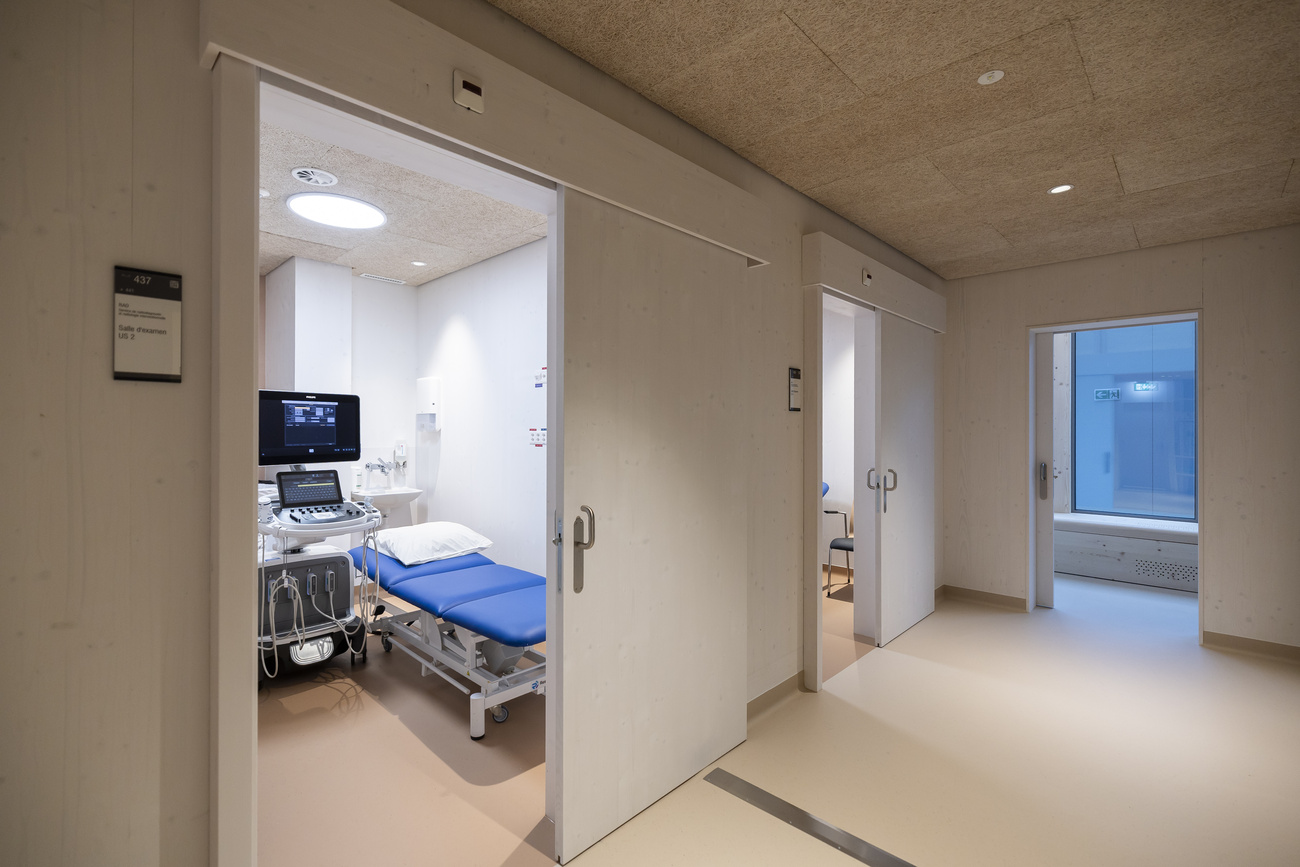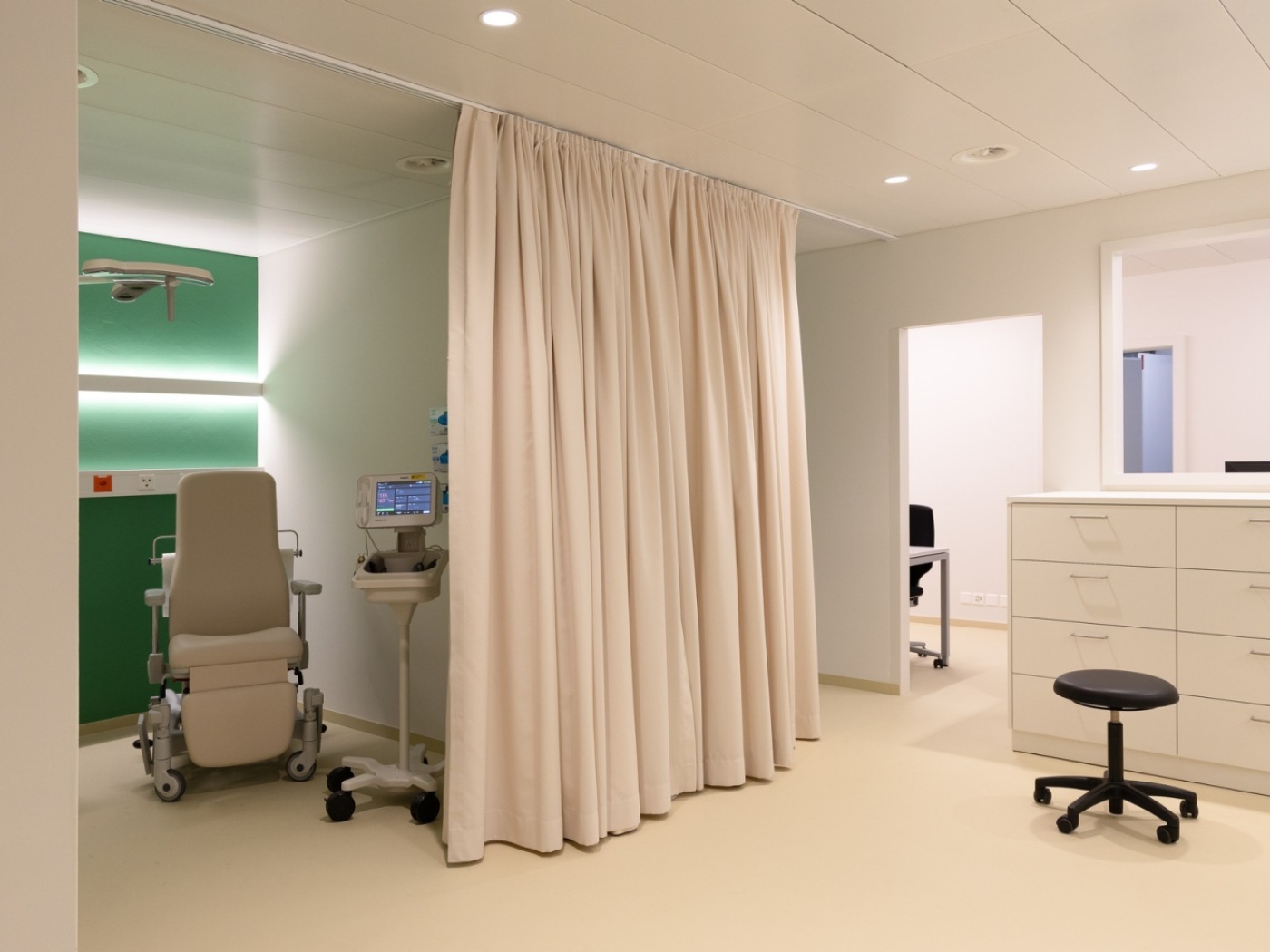
Swiss hospitals need radical overhaul: study

Swiss hospitals face quality declines, bottlenecks and losses exceeding CHF1 billion, according to a study commissioned by the hospital association.
+ Get the most important news from Switzerland in your inbox
Continuing as before is not an option, says Paul Sailer of PwC Switzerland, the company that authored the study. Sailer sees the most significant problem as the shortage of skilled workers. “The current structure can no longer be maintained.”
Providing good, high-quality healthcare is becoming increasingly difficult. Therefore, a transformation is needed, Sailer added.
The hospital association H+ sees three levers for this transformation, as president Regine Sauter explains: “We propose three areas of action in which changes must occur: outpatient care, digitalization, and networked and coordinated care.”
Outpatient treatment means going home the same day instead of staying overnight in the hospital. Other countries are already much further ahead than Switzerland in this regard, according to Sauter. And to enable more outpatient treatment, greater digitalization is also needed.
Finally, the Sauter mentions networked care – new models of hospitals and a different division of tasks will be needed. “Hospitals must distinguish themselves where necessary. And they must collaborate in networks.”
These networks must not fail due to parochialism. “Hospital care must not stop at cantonal borders. It must develop supra-regionally and in accordance with the needs of patients.”
Recently, there have been increasing political demands that the federal government should take over hospital planning – if the cantons do not coordinate better.
The hospital association, however, wants nothing to do with such national hospital planning. “Coordination at the regional level is needed. Patient flows, population density, and the needs of the regions must be taken into account,” says Sauter. The hospital association believes that higher tariffs are needed to finance this transformation. These tariffs would have to be adjusted to reflect actual costs. This would then be the only way to curb cost growth in the long term.

More
Swiss hospitals cut losses but most still struggle financially
Translated from German by DeepL/mga
We select the most relevant news for an international audience and use automatic translation tools to translate them into English. A journalist then reviews the translation for clarity and accuracy before publication.
Providing you with automatically translated news gives us the time to write more in-depth articles. The news stories we select have been written and carefully fact-checked by an external editorial team from news agencies such as Bloomberg or Keystone.
If you have any questions about how we work, write to us at english@swissinfo.ch.

In compliance with the JTI standards
More: SWI swissinfo.ch certified by the Journalism Trust Initiative






























You can find an overview of ongoing debates with our journalists here . Please join us!
If you want to start a conversation about a topic raised in this article or want to report factual errors, email us at english@swissinfo.ch.